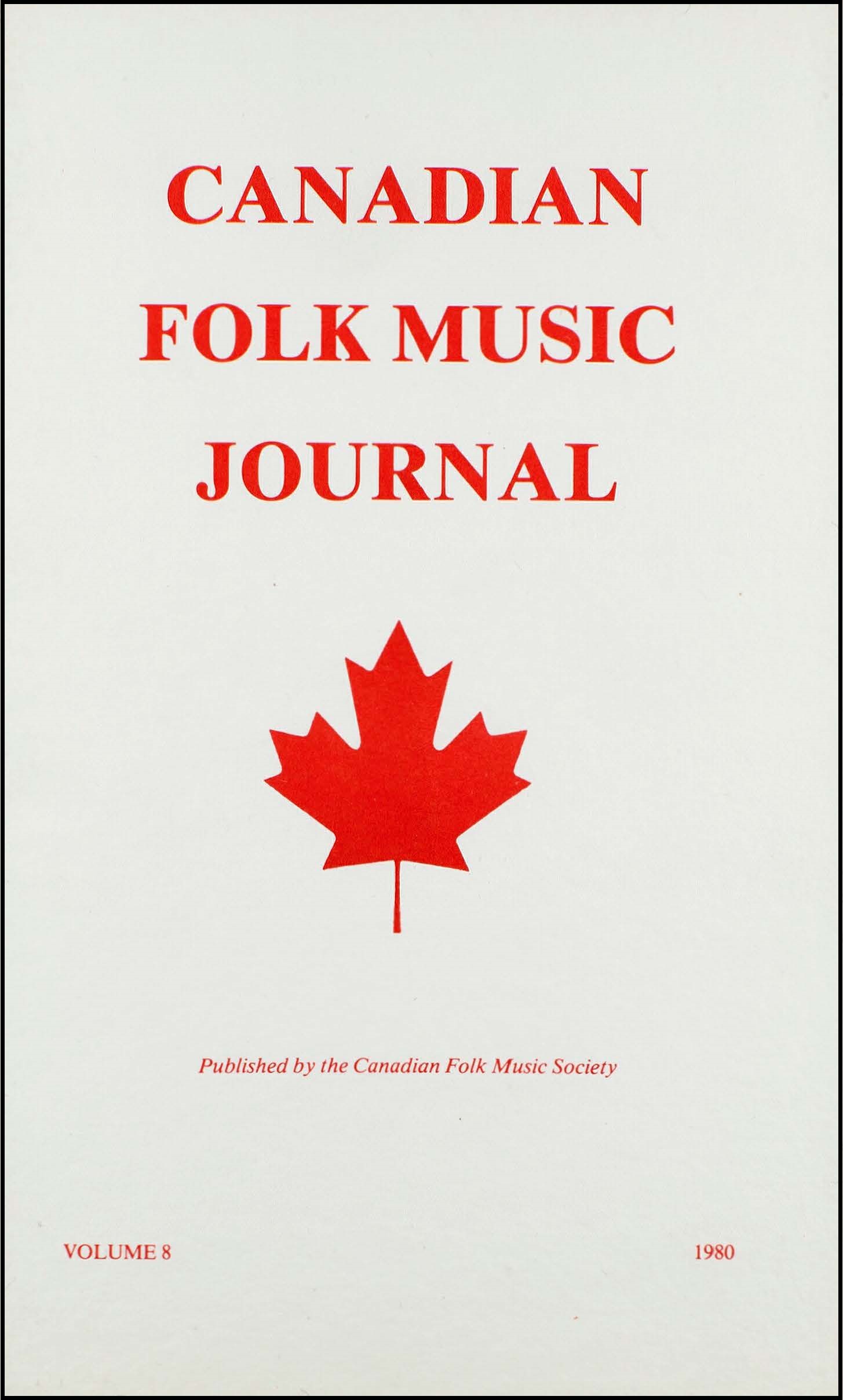Abstract
In Anglo-American folklore studies, and in Europe in general, the ballad is a well defined genre. Not so in French. While English-speaking folklorists agree that the ballad is a narrative folk song with formal characteristics which set its meter and stanzaic shape apart from other types of folk songs, French folk specialists have never defined one particular folk genre as precisely as this, and have mostly been concerned with collecting and cataloguing all types of songs in terms of their theme, subject matter, style, object, use, age, origin, or other. Even if French scholars do use such terms as “complaintes,” “chansons tragiques,” or “chansons lyricoepiques” which seem to correspond to the English "ballads,” no two scholars use any of those terms with the same definition, and never does it correspond exactly to the ballads. A whole field of study is therefore open to enterprising French folk researchers who would wish to isolate French narrative folk songs, call them “ballades folkloriques” to distinguish them from the literary “ballades,” and describe their formal characteristics. Such a study would lead to rewarding comparative studies, especially between French and English ballads in Canada, for example.- The author retains copyright over the work.
- The author grants the journal owner (The Canadian Society for Traditional Music / La Société canadienne pour les traditions musicales) an exclusive license to publish the work.
- The author may post a pre-print or post-print version of the work (see definitions below) on a personal website for up to twelve months after the work is published in MUSICultures. After twelve months, the pre-print version must be replaced with the published version.
- The author may deposit the published PDF of the work in a non-commercial online repository twelve months after the work is published in MUSICultures, or any time thereafter.
- Any such deposit must include a link to the work on the MUSICultures website, e.g., https://journals.lib.unb.ca/index.php/MC/article/view/19996
A pre-print is a work-in-progress—a contribution not yet accepted, or perhaps even submitted, to MUSICultures.
A post-print is the version of a contribution after peer review and acceptance by MUSICultures, with revisions completed.
The published version is the PDF file of a contribution as it appears in MUSICultures.
Please note that academia.edu and ResearchGate.com are both for-profit repositories; authors may not deposit the published PDF of the work in these repositories until after the journal’s embargo period.
For permission to reprint or translate material from MUSICultures, please contact Heather Sparling, General Editor of MUSICultures (heather_sparling@cbu.ca).

